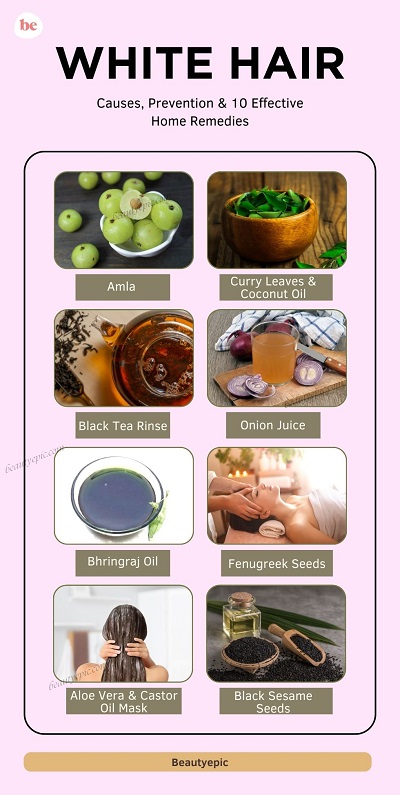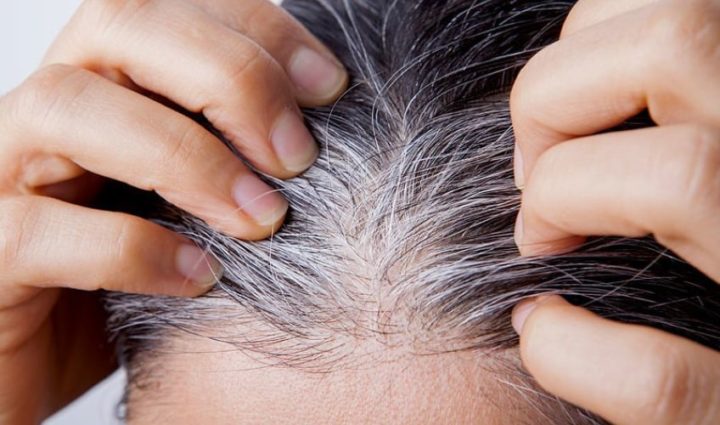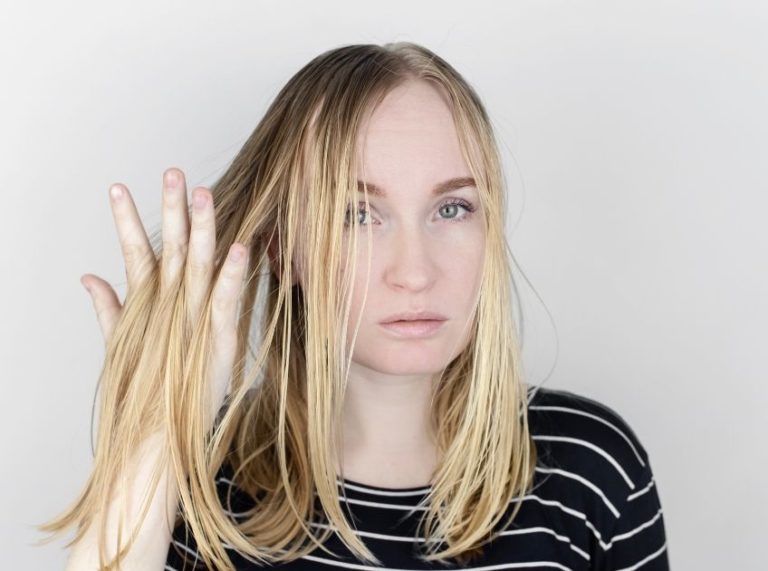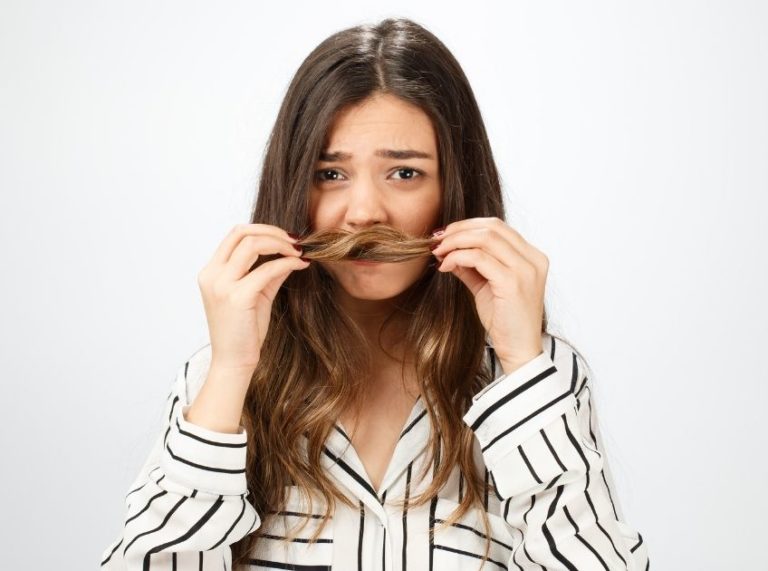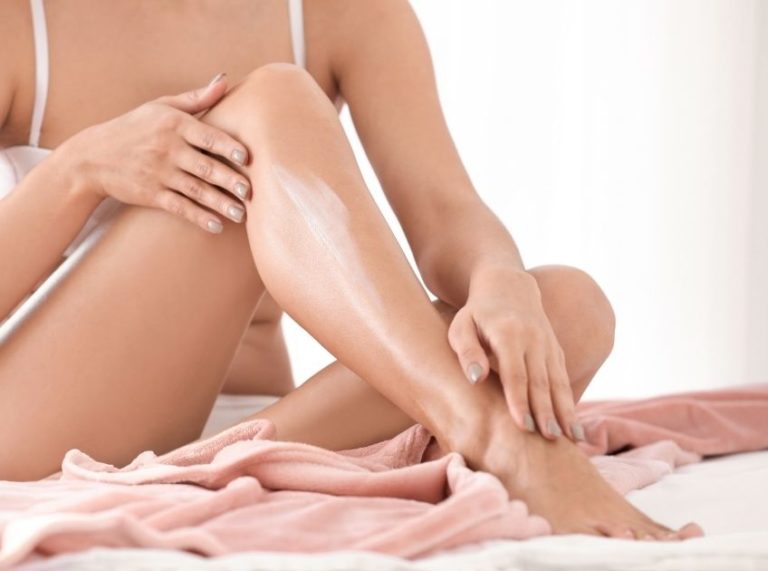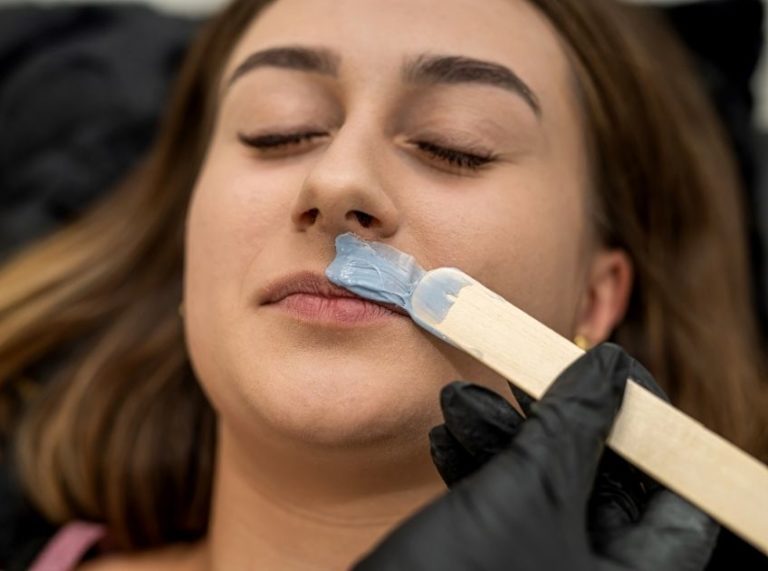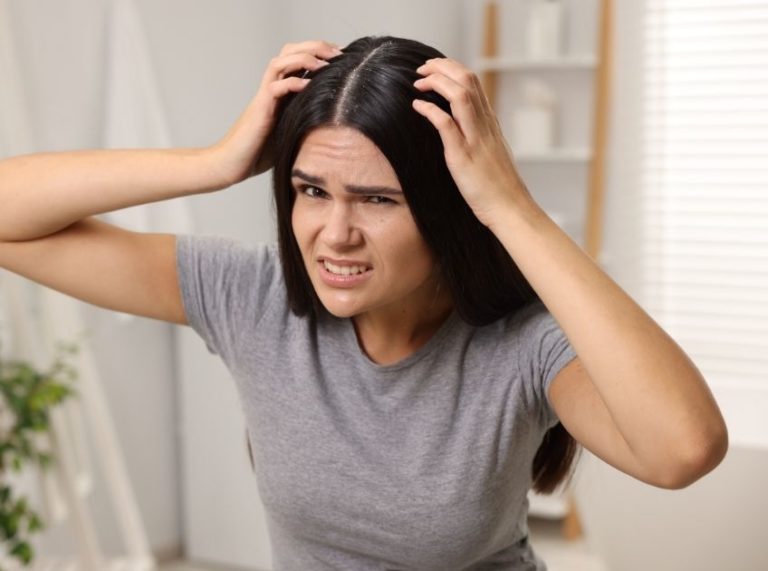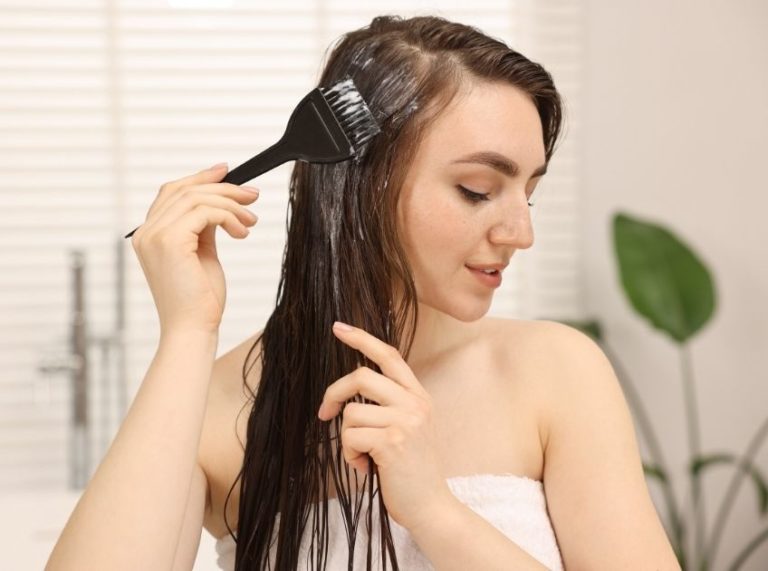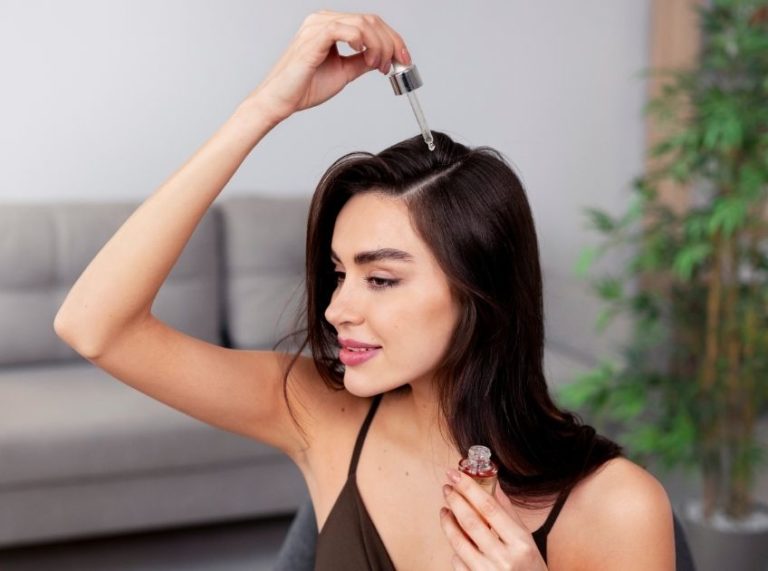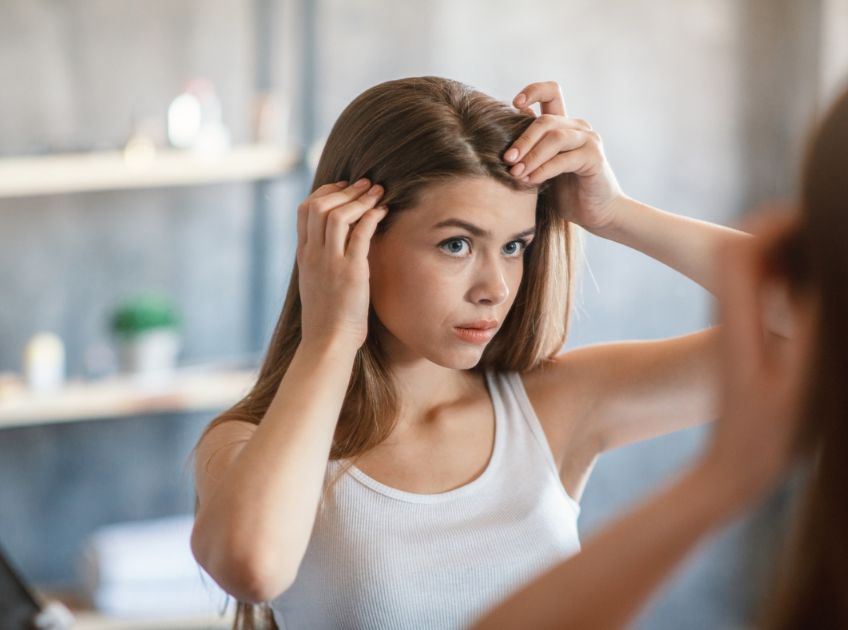
Important: This article is for informational purposes only. Please read our full disclaimer for more details.
White or gray hair used to be associated with aging, but today, it’s common to spot strands in your 20s—or even teens. While graying is natural over time, premature white hair can be influenced by various factors. The good news? You can manage and even slow the process with the right care and natural remedies.
In this expert-backed guide, we’ll explore what causes white hair, how to prevent it, and 10 home remedies that may help reverse or delay premature graying, supported by scientific understanding.
What Causes White Hair?
Hair turns white when melanocytes (pigment-producing cells) stop producing melanin. Melanin gives your hair its natural color. When production drops, hair starts losing pigment and becomes gray, silver, or white.
Common causes of white hair include
- Genetics: Your family history plays a huge role.
- Oxidative stress: An imbalance between free radicals and antioxidants.
- Vitamin deficiencies: Especially B12, biotin, iron, and vitamin D.
- Thyroid disorders can affect melanin production.
- Smoking: Linked to premature aging and hair whitening.
- Chemical exposure: Harsh hair dyes and shampoos may contribute to early graying.
Scientific insight: A 2016 study in Nature Communications identified the IRF4 gene, which regulates melanin production in hair follicles, as a contributor to gray hair development (1)(2).
Can You Prevent White Hair Naturally?
While some causes of white hair—like genetics and age—are beyond your control, there are natural ways to delay or minimize premature graying, especially when it’s linked to lifestyle, nutrition, or oxidative stress. The key lies in protecting melanin-producing cells (melanocytes) and reducing factors that damage them.
Here’s how to prevent white hair naturally
- Eat a melanin-boosting diet: Focus on foods rich in vitamin B12, iron, folate, copper, and antioxidants. Leafy greens, eggs, nuts, seeds, and berries can help protect pigment cells.
- Reduce oxidative stress: Free radicals can damage hair follicles. Incorporating antioxidant-rich foods like green tea, turmeric, and amla can help neutralize oxidative damage.
- Address deficiencies early: A lack of vitamin B12, D, or biotin is strongly associated with early graying. Regular health check-ups and supplements (if needed) can prevent nutrient-related causes.
- Quit smoking: Smoking reduces blood flow to hair follicles and increases oxidative stress, directly accelerating hair aging.
- Avoid harsh chemicals: Frequent coloring, bleaching, or heat treatments can damage your scalp and accelerate melanin loss. Opt for natural hair products without sulfates or parabens.
- Manage stress: Chronic stress affects your entire body, including hair follicles. Meditation, exercise, or journaling can significantly reduce stress hormone levels, protecting hair health.
10 Home Remedies to Delay and Treat White Hair
These natural remedies have been traditionally used and supported by emerging science for maintaining hair color and health.
1. Curry Leaves & Coconut Oil
Why it works: Curry leaves(3) are rich in antioxidants and beta-carotene, which protect hair follicles and may restore melanin.
- How to use: Boil a handful of curry leaves in 2 tbsp coconut oil. Strain and apply to the scalp twice a week.
Journal of Ethnopharmacology reports that curry leaves have anti-hair graying potential due to their phenolic content (3).
2. Amla (Indian Gooseberry)
Why it works: Amla is high in vitamin C and antioxidants that reduce oxidative stress, a major cause of graying.
- How to use: Mix amla powder with water into a paste, or boil fresh amla in coconut oil. Massage into the scalp before bed.
A 2017 study in the Research Journal of Pharmacy and Technology confirmed amla’s role in hair pigmentation and regrowth (4).
3. Black Tea Rinse
Why it works: Black tea contains caffeine and antioxidants that darken hair naturally and improve shine.
- How to use: Brew 2 black tea bags in hot water, cool it, and rinse hair with it post-wash.
4. Onion Juice
Why it works: Rich in catalase enzyme, which breaks down hydrogen peroxide (a known cause of premature graying).
- How to use: Apply fresh onion juice to your scalp 2–3 times a week. Leave for 30 minutes and rinse.
A study in the Journal of Dermatology found onion juice useful in hair regrowth, especially for alopecia areata (5).
5. Bhringraj Oil
Why it works: Known as the “king of herbs” for hair, bhringraj may boost blood flow and melanin production.
- How to use: Warm bhringraj oil and massage your scalp 2–3 times weekly.
International Journal of Pharmacy and Pharmaceutical Sciences highlighted its effectiveness in promoting hair pigmentation (6)(7).
6. Henna and Coffee Mask
Why it works: Henna naturally stains hair while coffee enhances the dark tones.
- How to use: Mix henna powder with cooled brewed coffee to form a paste. Apply and leave for 1–2 hours.
7. Rosemary & Sage Rinse
Why it works: These herbs may help darken hair naturally and improve scalp circulation.
- How to use: Boil rosemary and sage leaves in water. Cool and rinse your hair with the infusion 2–3 times a week.
8. Fenugreek Seeds
Why it works: Rich in lecithin and amino acids, which strengthen hair and prevent premature graying.
- How to use: Soak fenugreek seeds overnight, grind into a paste, and apply to the scalp for 30 minutes before washing.
9. Aloe Vera & Castor Oil Mask
Why it works: Aloe vera hydrates and balances pH, while castor oil boosts follicle health.
- How to use: Mix equal parts and apply to the scalp once a week.
10. Black Sesame Seeds
Why it works: In Traditional Chinese Medicine, black sesame seeds are believed to restore hair color by nourishing the kidneys and liver.
- How to use: Eat a teaspoon daily or blend into smoothies.
Evidence-based Complementary and Alternative Medicine Journal notes their antioxidant properties, which may reduce oxidative stress (8).
Hair Care Tips to Support Natural Color
Supporting your natural hair color requires more than just good genes—it’s also about consistently caring for your scalp, follicles, and hair strands. A thoughtful hair care routine helps retain moisture, reduce breakage, and preserve melanin levels longer.
Try these expert-approved tips to maintain your natural color
- Use mild, sulfate-free shampoos: Harsh cleansers strip natural oils and can irritate the scalp. Go for shampoos with herbal ingredients like amla, bhringraj, or hibiscus.
- Oil your scalp regularly: Oils like coconut, almond, or castor oil nourish the follicles and create a protective barrier. Add ingredients like curry leaves or fenugreek seeds for added benefits.
- Limit heat styling: Excessive use of flat irons or curling wands can damage keratin and fade your natural hair color faster. Always use a heat protectant spray if styling is necessary.
- Protect from sun exposure: UV rays can lighten hair and weaken pigment-producing cells. Wear a hat or use hair products with UV protection when outdoors.
- Avoid tight hairstyles: Constant pulling from tight buns, ponytails, or braids can strain follicles and cause premature weakening.
- Keep your scalp clean and stimulated: A clean, healthy scalp encourages better blood circulation and nutrient delivery. Regular exfoliation with gentle scrubs or scalp massages can help.
Pro Tip: Massage your scalp with warm rosemary or peppermint oil once or twice a week. These oils have been shown to stimulate blood flow and may support melanin production.
Frequently Asked Questions (FAQ’S)
1. Can white hair turn black again naturally?
A. While rare, restoring pigment is possible in early stages through nutritional and herbal support. However, long-established white hair may not reverse.
2. Is plucking white hair bad?
A. Plucking doesn’t cause more white hairs, but it can damage follicles and lead to thinning over time.
3. Does stress cause white hair?
A. Yes. A 2020 Nature study showed that stress depletes stem cells in hair follicles, accelerating graying.
Final Thoughts
White hair is a natural part of life, but premature graying can often be managed with proper nutrition, stress control, and targeted home remedies. By understanding the root causes and applying holistic, science-supported methods, you can protect your natural color longer and keep your hair strong, shiny, and full of life.
